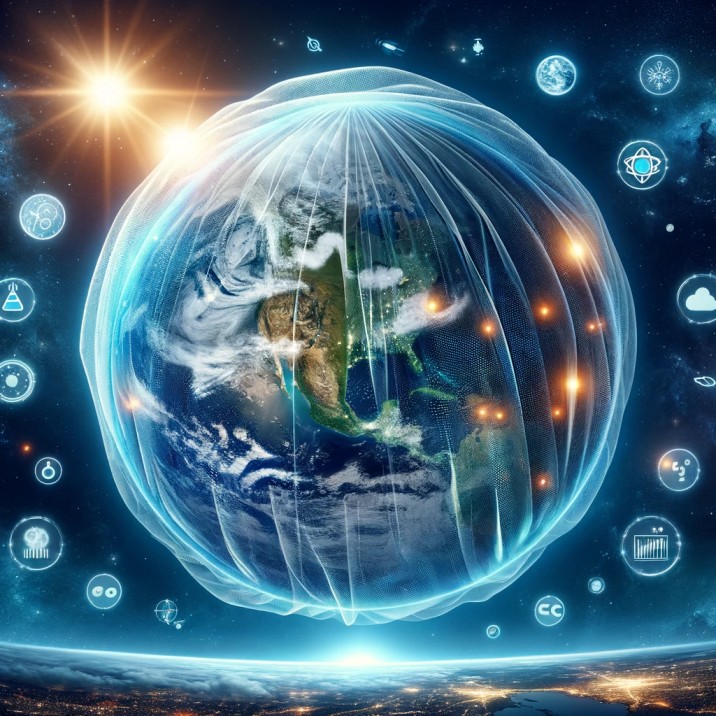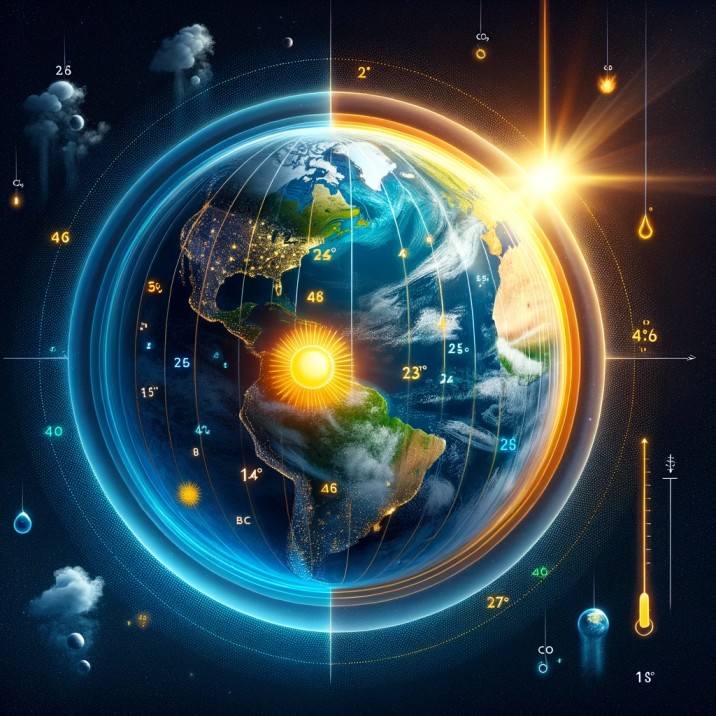What Is the Greenhouse Effect? We have a short and simple answer for it. The greenhouse effect is a natural process where certain gases in Earth’s atmosphere, like carbon dioxide and methane, trap heat from the sun. This trapped heat keeps the Earth warm enough to support life. Without the greenhouse effect, our planet would be too cold for humans, animals, and plants to survive. However, human activities are increasing these gases, leading to excessive warming, known as global warming.
At its core, the greenhouse effect is a natural phenomenon that makes life on Earth possible. It functions like a thermal blanket for the planet, trapping the sun’s heat in the atmosphere and maintaining a temperature range that supports life.

How It Works
The process starts when the Earth receives light from the sun. While a portion of this solar energy is reflected back into space, a significant amount is absorbed by the Earth’s surface, warming it. This warmth is then radiated back towards space as infrared energy. Here’s where greenhouse gases like carbon dioxide (CO2), methane (CH4), and water vapor come into play. These gases, present in the atmosphere, trap some of this infrared energy, preventing it from escaping into space, thereby keeping the planet warm.
The Natural Balance
This warming effect is crucial. Without it, the average temperature of Earth would be about -18°C (0°F), instead of the current average of 15°C (59°F). This natural greenhouse effect creates the conditions necessary for life, regulating temperatures and maintaining the delicate balance of our ecosystems.
The Issue of Enhanced Greenhouse Effect
While the greenhouse effect itself is a natural and beneficial phenomenon, human activities are tipping the balance. The burning of fossil fuels, deforestation, and other industrial activities have increased the concentration of greenhouse gases in the atmosphere. This enhanced greenhouse effect results in excessive warming, leading to climate change.
Consequences
The ramifications of this enhanced effect are profound and far-reaching:
- Rising Temperatures: Global temperatures are increasing, leading to heatwaves and altered weather patterns.
- Melting Polar Ice and Rising Sea Levels: The warming is causing polar ice to melt, contributing to rising sea levels.
- Impact on Wildlife and Ecosystems: Flora and fauna are struggling to adapt to the rapid changes, leading to shifts in habitats and endangering species.
The greenhouse effect is a natural mechanism essential to our survival, but its intensification due to human activities poses significant challenges. Understanding this concept is the first step in recognizing the impact of our actions on the planet and the importance of sustainable practices. By reducing greenhouse gas emissions and transitioning to cleaner energy sources, we can mitigate the effects of climate change and protect the delicate balance that sustains life on Earth.

